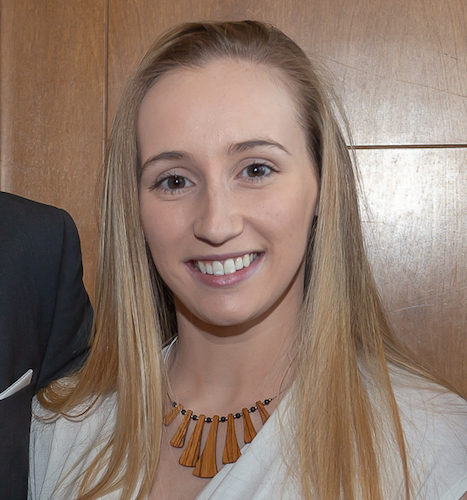Participation of Véronique Rouleau at the « Canadian Society of Soil Science Conference 2024: Soil Functions for Future Generations »!
 Véronique Rouleau, PhD student in forestry sciences under the supervision of Evelyne Thiffault, had the opportunity to participate in the «Canadian Society of Soil Science Conference 2024: Soil Functions for Future Generations», held Juin 09-13, 2024 in University of British Columbia (Canada). The Canadian Society of Soil Science, a non-governmental and non-profit organization, brings together scientists, engineers, technologists, administrators, and students professionally involved in the field of soil science. Its goal is to promote the development of soil science in Canada and ensure its relevance for future generations. The theme of the 2024 conference, « Soil Functions for Future Generations », encourages soil scientists to reflect on how to preserve this vital resource and ensure the continuity of the soil’s multiple functions in a sustainable future.
Véronique Rouleau, PhD student in forestry sciences under the supervision of Evelyne Thiffault, had the opportunity to participate in the «Canadian Society of Soil Science Conference 2024: Soil Functions for Future Generations», held Juin 09-13, 2024 in University of British Columbia (Canada). The Canadian Society of Soil Science, a non-governmental and non-profit organization, brings together scientists, engineers, technologists, administrators, and students professionally involved in the field of soil science. Its goal is to promote the development of soil science in Canada and ensure its relevance for future generations. The theme of the 2024 conference, « Soil Functions for Future Generations », encourages soil scientists to reflect on how to preserve this vital resource and ensure the continuity of the soil’s multiple functions in a sustainable future.
At this event, Véronique presented her research entitled « Unravelling the role of fungal community composition on soil carbon dynamics in a managed boreal forest ». Her project aims to evaluate the impact of forest harvesting practices in Quebec on carbon stocks and stability in boreal forest soils, particularly the protection of carbon against microbial decomposition. She is also seeking to identify microbial cohorts associated with long-term carbon stabilization and to determine whether forestry practices influence these communities.
The CRMR’s student mobility program provided crucial financial support, making this enriching experience possible. Thanks to this support, Véronique was able to represent her institution and play an active role in the advancement of research in her field.
Congratulations to Véronique on this achievement, and we wish her every success in her academic and professional career!
Abstract: Unravelling the role of fungal community composition on soil carbon dynamics in a managed boreal forest.
Maintaining or increasing the ability of managed boreal forests to store soil carbon (C) could play an important role in climate change mitigation. Microorganisms are major players in the mediation of soil C accumulation and stabilization. Still, the taxonomic groups and microbial functions that promote these processes, and how they are impacted by forestry practices, remain poorly understood. In this study, we assessed the effects of forest harvest intensity on the soil microbial community composition using highthroughput sequencing of the fungal ITS2 region amplified from soil DNA in a humid balsam fir forest of Eastern Canada. We compared the effects of clearcut and partial harvesting 6 to 9 years after harvesting relative to a control (no harvest) on fungal community composition in the FH and mineral horizons. We further studied the relationships between functional fungal guilds and soil C stocks, particulate organic matter, and mineral-associated organic matter, and their associated explanatory variables. We found that the diversity of soil fungal communities, as expressed by Shannon’s diversity index, was higher in clearcuts than in partial cuts and control stands. Furthermore, the composition of soil fungal communities was similar between partial cuts and control stands, but significantly different to clearcuts. Clearcuts were broadly dominated by saprotrophs, whereas partial cuts and control stands were dominated by ectomycorrhizal fungi. The lower level of disturbance in the partial cuts appeared to preserve the functional potential of the community in relation to soil C accumulation and loss processes in the FH, whereas this functional potential was considerably altered in the clearcuts. We further discuss the role of different fungal functional guilds, in relation to their potential to produce oxidative enzymes, their trophic mode, the characteristics of their mycelium and/or their phylogeny, in C accumulation and stabilization in managed boreal forest soils.

